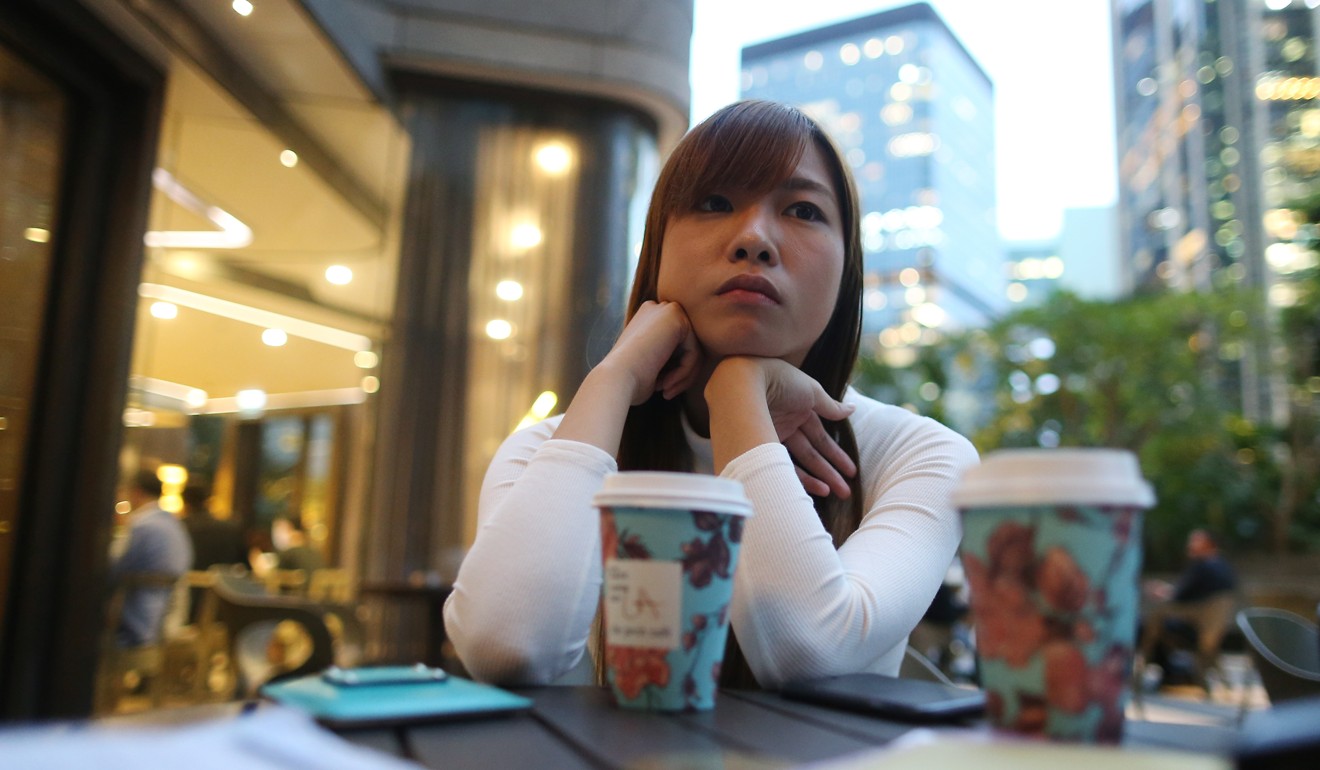
Why are Hong Kong’s schools failing so badly at sex?
A survey has revealed that young people know less about sex than they did five years ago and are watching more porn. Experts say schools must do better
Young Hongkongers are dating less and know less about sex than they did five years ago, a new study suggests, prompting calls for enhanced sex education to prevent them developing problems as adults.
The latest study by the Family Planning Association of Hong Kong, which polled 5,146 young people last year, revealed this week a decline in children’s knowledge of sexually transmitted infections (STIs), conception and pregnancy, as fewer secondary school students claimed to be having sex.
Among secondary schools students, the mean age of first sexual intercourse remained at 15, while for those aged 18 to 27 it was 19 years old. In 2016, across both boys and girls, less than 2 per cent of Form One and Form Two pupils and less than 7 per cent of those in Form Three said they had experienced sexual intercourse.
Among the younger age group, this figure was consistent with five years ago, but for the older group there had been a decline since 2011; in that year, 10 per cent of Form Three to Six boys had experienced sexual intercourse compared with 7 per cent of girls.
Meanwhile in the survey’s test on STIs, pupils in Form One to Form Six fared slightly worse than they did five years ago, getting on average one less question correct out of a possible 12.
The association subsequently called for enhanced sex education in schools with a “non-stigmatising and age appropriate approach” as the results suggested a declining knowledge of sex and its related issues.
But speaking at the survey’s release on Monday, Dr Susan Fan Yun-sun, the association’s executive director, was careful not to suggest that young Hongkongers should increase their knowledge of sex by experiencing it for themselves.

“The previous upward trend of young people having sex has not continued,” she said. “What is the reason for that? We would like to think that sex education is having some good impact. Maybe young people are taking more care to be prudent. Increasing sex education has not increased sexual promiscuity.”
Fan added parents were “absolutely” as important as schools in teaching their children about sex, and should start explaining issues about their body to them as soon as they could speak. “Parents are the role models for their kids,” she said.
The Education Bureau has guidelines on how sex education should be conducted in schools, but critics suggest it is often not being prioritised.
A survey by the Health Department about sex education in 2013 found more than half of 134 secondary schools said they were too busy or had no time for effective education about sex or HIV/Aids.
Pornography rise
The association’s report said it was “worrying” that one in five boys had admitted watching porn more than 15 times in a month, although Fan said it was “part of the life skills of a student to differentiate between what is good or not in terms of pornographic content on their phones”.
Commenting on the results, Karen Lau Hong-lam, a certified sex therapist, said schools had an important role to play in educating young people about sex, as some were receiving the wrong information about sex from porn.
She said sex education when she attended school was inadequate, explaining her science teacher chose to skip textbook chapters on reproduction because they were embarrassed.
“Many of my clients, when they first came in, they had quite a lot of myths that probably came from porn,” she said. “They thought these films were actually documentaries, rather than stunt films.”
Lau said many of her clients told her their sexuality was restricted by their parents and schools when they were children.
“Many clients I speak to suffer from painful intercourse, mainly from a condition known as vaginismus, and talked about having restrictions in their childhood and teenage years, and even in young adulthood,” she said.
Lau, a mother-of-one, said her client’s parents were often particularly condemning of them masturbating as children, which had consequently caused them sexual problems as adults. She said she understood this to be an ongoing problem within Hong Kong families, because of cultural sensitivities.
“I had one client who had anxiety about touching her own genitals because she recalled an episode of being caught and beat up when exploring her body as a child,” she said. “Nowadays, still, there are many parents who would scold and punish their children for that. “As the mother of a 23-month-old son, I joined some parent discussion groups and I have even heard educated parents were still doing that.
“I sometimes have talks with parents; many of them knew very little about sex and they see children’s exploring behaviour as a sigh of being perverted, and a tendency of being a sex offender in adulthood.”
Academic pressure
The survey also found there had been an overall decline in the number of young people dating since 2011.
Among Form One to Form Two pupils, it had dropped by between 4 and 8 percentage points respectively to 24 per cent of girls and 19 per cent of boys engaging in dating, while among Form Three to Form Six students it had dropped about 6 percentage points to 44 per cent for boys, and marginally increased by 3 percentage points to 50 per cent for girls.
Commentators have suggested the decline is primarily caused by academic pressure.
Joseph Wan, a 17-year-old Chinese International School student and founder of local NGO Support International Foundation, said academic pressure, family expectations and poverty were all “taking their toll on young people’s well-being” and affecting their dating lives.
Simultaneously, he said, schools were being “overstretched in terms of their manpower” and teachers were being overworked, resulting in sex education receiving less priority in the curriculum.
Talking about sex and sexuality would not be something that is discussed over the dinner table
“But I am hopeful that [incoming chief executive] Carrie Lam Cheng Yuet-ngor’s pledge to invest in education will mean teachers will be able to play around with different resources,” he said.
Wan said overall it was “very concerning” that young people’s knowledge of sex and its related issues was declining, adding that there needed to be better sex education programmes, as well as more discussion between children and parents.
“Hong Kong remains more conservative than some other places in the world,” he said. “Talking about sex and sexuality would not be something that is discussed over the dinner table. That is definitely an issue, because it means that young people might look elsewhere, like online, for information”.
Wan added he remained encouraged that the study suggested young people were increasingly accepting of members of the LGBT community, but said there was still a disparity between international and local schools on how teachers discuss LGBT issues.
“Local schools are still more conservative than international schools,” he said. “Often it falls to individual teachers, who might be gay themselves and will speak openly, and schools to discuss it.”
The Education Bureau said it was committed to sex education in schools and had been reviewing and renewing different curriculum contents.

She said young people were naturally turning to porn because sex education was only teaching them about the biology of sex, not its personal and social elements.
“[Sex education] doesn’t cover sex, just reproduction,” she said. “And when I was at school, we had no courses which covered LBGT issues.
“It should be discussed more. I rarely discussed it with my parents, not even now, because when we talk about these kinds of issues, they will be conservative and feel embarrassed.”
The Post has contacted the Education Bureau for comment.

